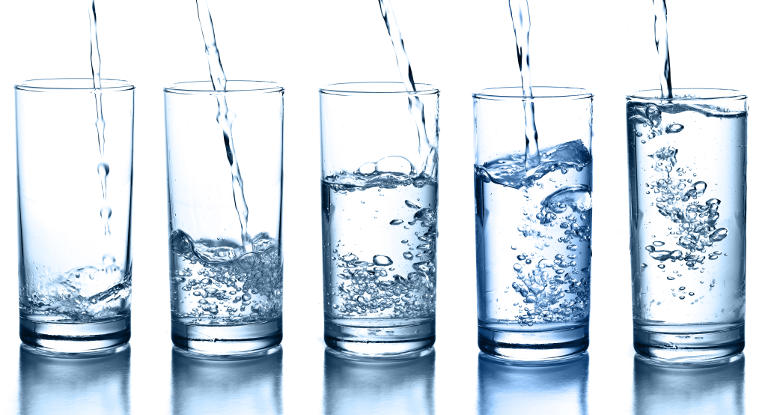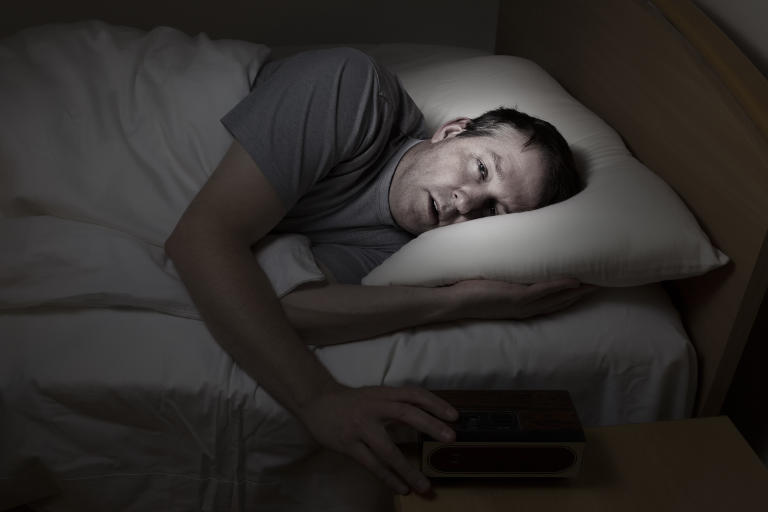
The benefits of training your nutrition vs freestyling
Here I will define ad libitum dieting as eating without tracking your macronutrients. Can you do this and get contest/photoshoot lean? Good question.
There are well known and respected figures in the fitness industry such as Menno Henselmans who have managed to successfully apply ad libitum dieting to get down to around 7% body fat (for men) but I’d say for the most part competitors/ body builders, etc. partake in macro tracking in order to get there successfully and certainly towards the latter most crucial part of their prep.
It’s important to apply some level of control to your food intake in order to create an energy deficit. There are several ways of doing this and the method that works best for you will depend on a number of factors. For me, tracking works a treat and give me the peace of mind and consistency I desire.
Unlike the previous years in which I have studiously tracked macros during an entire prep- this year I have been doing a combination of both. I have also had the more flexibility in my diet than ever before. Am I as lean as previous years? Not quite is the answer, but that’s because I have different goals. However I can say that I have successfully managed to lose the desired amount of weight, get to the level of leanness that I wanted to and am only about a kilo away from being photoshoot ready.
What if I’m not competing or looking to get shredded but just want to get a great lean physique for the summer you say?
Certainly you can get into great shape by just dieting ad libitum and by that I’m talking about Brad Pitt/ Fight Club levels of leanness here for men and my own kind of condition for ladies.
Let’s start off with discussing the benefits of dieting Ad Libitum.
- It’s great when you’re on holiday or travelling. One of the things I help every client with is how to stay on track when they are travelling or away from home which is when a lot of people can easily lose their way.
- It’s great when you have to go out for dinner or to a social event
- It’s a method you can adhere to for months on end or indefinitely.
Here are the key points of AL dieting to utilise both when embarking on a weight/ fat loss plan and also when considering it for maintaining a lean physique:

Drinking
Studies have shown (1) that drinking water prior to eating meals can help with weight loss. Pre-loading water before eating a meal is a common way to prevent over eating and also in cases of required weight loss. Being well hydrated in general is preferable as often being under-hydration can be mistaken for hunger- however to help with ad libitum dieting- drinking around 500ml before a meal is a method easily implemented. Also drinking in between meals can help stave off any cravings of hunger for a duration of time. Like anything- just get into the habit of doing it and suddenly you won’t even realise you’re doing it naturally.
Eating foods with a lower caloric value per gram of weight
The strategy of eating certain foods that fill you up for minimal energy intake is a method used commonly by those in contest prep and any sort of prep. It’s probably the one singular thing to take note of if you don’t do anything else.
Green vegetables such as leafy greens, broccoli, cucumber and celery have little caloric value and the body also expends around a similar value digesting them. Of course you can STILL over eat these foods but as they are less palatable you are less likely to overeat on a plate of cucumber slices than you are a chocolate Lindt Bunny for example.
Meal timings and Frequency
Often in the fitness industry we are encouraged to eat little and often with anything up to 7-8 smaller sized meals being consumed within a typical day. I myself in fact used to at one stage eat around 6 meals. Some studies have shown (2) that eating more often can increase appetite contrary to the belief that it will suppress it. In my own experience I found this to be true. Having 3 or 4 larger meals aids satiety and if the overall calories being burnt are the same then surely if this help reduce further cravings it makes sense to do.
Increasing fibre intake
A similar protocol to volumising food- eating a larger volume of fibre containing foods – predominantly foods such as plant matter, beans etc helps with satiety as they tend to have a high-water content.

Sleep
Lack of sleep or having a night of poor quality sleep can trigger the release of hormones which increase hunger the following day. How many of you are familiar with feeling ravenous the day after a late night out or if you have had to pull an all-nighter at work? Poor sleep is known to increase snacking and more than that- usually high carb snacking. (3)
Researchers at University of California, Berkeley investigated the effects of sleep deprivation on brain functions related to food choices. Using MRI scans, scientists observed the neurological activity of sleep-deprived and well-rested people as they viewed pictures of a range of healthful and unhealthful foods. The scans revealed that the reward centre of the brain responded more strongly to images of high-calorie foods among the sleep-deprived group than the well-rested group. The MRI scans also showed that sleep deprivation decreased activity in the area of the brain that regulates behaviour control. This study suggests that insufficient sleep has a two-fold effect on eatingânot sleeping enough makes us more inclined to eat poorly, and at the same time less able to exert control over our impulses to eat those not-good-for-us foods.
-Abstract from Psychology Today
I would say that points above are the most important ones to take heed of first and foremost. Further points below can also be used but are less important and less effective that those above.
Plate sizing
This method can be used to trick your brain as it is when your brain subconsciously perceives the amount of food being more than what it actually is because you have put your food onto a smaller plate. Alternatively you could try using a plate that has a different coloured border or rim around it and limiting your food to the inner area of the plate. Sound ridiculous I know but it has been proven to work for some.
Digesting appetite supressing quality foods
Some food increase appetite and some supress it. Foods such as herb, vinegars, mustard, lemon juice, etc. are known to have appetite supressing qualities to them and therefore by including these in your meal it can often help.
Selecting food for their texture
Foods in soup form tend to be more satiating than their wholefood version. So for instance a large bowl of chicken broth with vegetables might be most satisfying to you that having a chicken breast with the vegetables loosely. Again this comes down to the psychological aspect in that the brain may perceive a large bowl of liquid which also contain whole foods to be more filling than the same foods in whole form. and again- the additional water content comes into play here.
It’s important to note that I am not advocating that this is an easy way of flexible dieting to get lean or saying that its easier than tracking macros in any way- just that its another way of effective dieting that can be applied to those who have a good base knowledge of foods and nutrition and want to give it a go.
The reason why you have to have a solid foundation of knowledge and preferably have experience in tracking your macros at some point or another- is because it simply helps to know which foods are going to fill you up more than others i.e low kcal per gram foods and when it gets down to the nitty gritty – what foods you can replace with others. It also helps to know what the approximate caloric content is of the foods you are eating so that you can eyeball a plate of food which has a regular sized chicken breast on it and say – well that’s roughly about 30-40g protein in that portion. Therefore its generally recommended to those who have some form of previous experience with tracking their food. This is also important to stress that this is not a form of IIFYM.
Tracking can be restricting for many people. It can also have negative psychological effects- therefore this type of dieting can be helpful in order to get away from the slightly obsessive behaviour and also from calorie counting. Ab Libitum dieting can be the solution in such cases.
It’s also great for clients once they have gotten to their desired levels of body fat/ weight/ leanness to allow them to come off tracking and its constraints to maintain their physique indefinitely.
Like myself you can easily do a combination of both ab lib dieting and tracking – there is never solely one solution when it comes to successful dieting – find the method that suits you the best, the one that you can adhere to and the one that fits easiest into your lifestyle – always the recipe for success! This is something that I highlight over time with a client, and something that was really rammed home in my journey with the BTN Academy, which I studied as a student before becoming a BTN Coach and helping others (I’d highly recommend the BTN Academy, especially the Advanced Nutrition Coaching Course – Active IQ Level 4, was a game changer for me as a coach).
Coach Polly
Research
- Efficacy of water preloading before main meals as a strategy for weight loss in primary care patients with obesity: RCT Helen M. Parret et Al august 2015
- https://www.ncbi.nlm.nih.gov/pubmed/20847729 The effects of consuming frequent, higher protein meals on appetite and satiety during weight loss.
- The Impact of Sleep Deprivation on food desire in the human brain. 06 August 2013 Stephanie Greer et Al
Leidy HJ1, Tang M, Armstrong CL, Martin CB, Campbell WW.